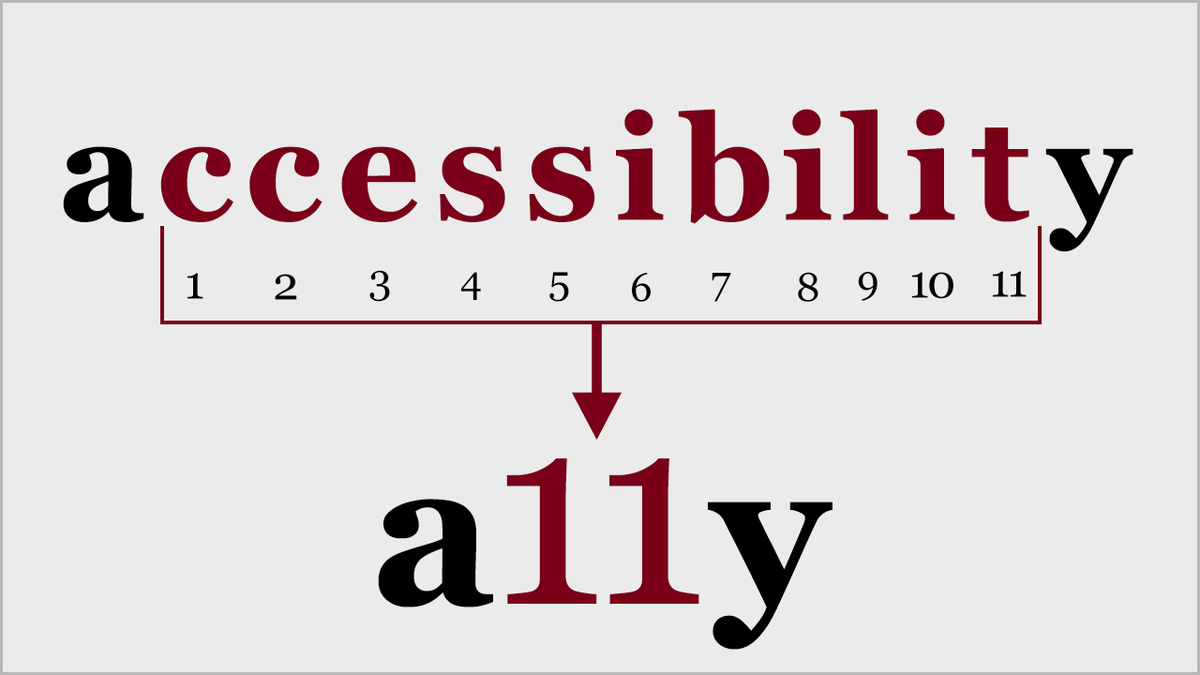In the world of web development, static site generators (SSGs) have become an essential tool for creating fast, secure, and SEO-friendly websites. Among the myriad of SSGs available today, 11ty (Eleventy) stands out as a flexible, minimalistic, and powerful option. Built with simplicity and performance in mind, 11ty has quickly gained a reputation for providing a highly customizable development experience without locking developers into a specific stack.
This article will explore the ins and outs of 11ty, from its core features to advanced usage, and why it has become a go-to choice for developers and content creators alike.
Table of Contents
- What is 11ty?
- Why Choose 11ty?
- Getting Started with 11ty
- 11ty Features and Flexibility
- Templates and Templating Engines
- Data Cascading and Global Data Files
- Layouts and Reusable Components
- Collections
- Performance and Build Speed
- Progressive Enhancement with 11ty
- Advanced Features of 11ty
- Pagination
- Custom Shortcodes
- Plugins and Filters
- Real-World Use Cases
- Community and Ecosystem
- Conclusion: Should You Use 11ty?
1. What is 11ty?
11ty (Eleventy) is a simple, powerful static site generator that allows developers to build fast, modern websites without the need for a complex JavaScript framework or heavy client-side interactivity. It takes your HTML templates, Markdown files, and other content, and transforms them into a fully optimized static website that can be hosted on any platform.
Unlike other static site generators like Gatsby or Jekyll, 11ty is highly unopinionated. It doesn’t force you into using a particular JavaScript framework (like React or Vue), and you can freely pick your favorite templating engine. The goal of 11ty is to give developers complete control over how their website is built, while keeping the tool itself as lightweight and performant as possible.
2. Why Choose 11ty?
11ty has several advantages that make it a popular choice for developers, whether they are beginners or experienced professionals:
Simplicity
11ty has a low barrier to entry. You can start with just a few lines of configuration and get a simple static site up and running in no time. Its “zero config” philosophy allows you to focus on your content and layout without worrying about complex build pipelines.
Flexibility
11ty is framework-agnostic and works with multiple templating engines such as Markdown, Nunjucks, Liquid, Handlebars, Pug, and more. This gives you the freedom to choose the right tool for your project or integrate multiple tools seamlessly.
Speed
Since 11ty generates pure static HTML, your website can load extremely fast, with no unnecessary JavaScript or client-side overhead. It is also known for its fast build times, making it ideal for projects with large amounts of content.
Performance Optimization
11ty encourages developers to focus on performance from the ground up. By rendering as much as possible server-side, it reduces the need for JavaScript on the client side. You can easily create fast, accessible websites using progressive enhancement strategies.
3. Getting Started with 11ty
Setting up 11ty is a straightforward process. Here’s a quick guide to getting started:
Step 1: Install Node.js and npm
If you don’t already have Node.js installed on your machine, download and install it from nodejs.org.
Step 2: Install 11ty
Once you have Node.js, you can install 11ty globally using npm:
npm install -g @11ty/eleventyAlternatively, you can install it locally in your project directory:
npm init -y
npm install @11ty/eleventy --save-devStep 3: Create a Basic Project
To get started, create a simple directory structure:
my-11ty-site/
│
├── index.html
├── about.md
├── _data/ (for global data files)
└── _includes/ (for layouts)Now, you can run the following command to build your site:
npx eleventyThis will generate the output in a _site folder, which is your fully static website.
4. 11ty Features and Flexibility
11ty is designed to be highly customizable and flexible while staying minimal. Let’s dive into some of its core features.
Templating Engines
11ty supports several templating engines out of the box, including Markdown, Nunjucks, Liquid, Handlebars, and Pug. You can choose any of these engines or even mix and match them within the same project.
For example, you can use Markdown for content and Nunjucks for layouts:
about.md (Markdown):
---
layout: base.njk
title: About Us
---
# Welcome to our websitebase.njk (Nunjucks layout):
<html>
<head>
<title>{{ title }}</title>
</head>
<body>
{{ content | safe }}
</body>
</html>Data Cascading and Global Data Files
11ty uses a concept called data cascading. You can define data at various levels—site-wide, directory-specific, or file-specific—and it will cascade down to the content where it’s needed.
For example, _data/site.json can store site-wide information like the site title, description, and social media links, which can be accessed anywhere in the templates.
{
"title": "My Awesome 11ty Site",
"description": "This is a fast, static site built with 11ty."
}Layouts and Reusable Components
Layouts are a powerful feature in 11ty that let you define reusable page structures. They reduce code duplication and make it easier to manage complex websites. Layouts can be nested, and you can pass data between them using the templating language of your choice.
Collections
Collections in 11ty are a great way to group similar content, such as blog posts, portfolios, or case studies. You can define a collection based on a folder or tag, and 11ty will automatically generate an array of content you can loop through.
// .eleventy.js configuration
module.exports = function(eleventyConfig) {
eleventyConfig.addCollection("posts", function(collectionApi) {
return collectionApi.getFilteredByGlob("./posts/*.md");
});
};5. Performance and Build Speed
One of the major selling points of 11ty is its speed. The combination of static HTML output and minimal client-side dependencies means that websites built with 11ty are lightning-fast by default.
For developers, 11ty’s build process is also known to be incredibly quick. This makes it ideal for content-heavy sites, blogs, and portfolios, where hundreds or even thousands of pages need to be generated.
6. Progressive Enhancement with 11ty
Progressive enhancement is at the core of 11ty’s design philosophy. With 11ty, you can build websites that load and function even if JavaScript is disabled. This makes 11ty a great choice for accessible, SEO-optimized websites.
Web components can be progressively enhanced, so content like forms or galleries can work with minimal JavaScript but still offer interactive features when JavaScript is available.
7. Advanced Features of 11ty
Pagination
Pagination is an advanced feature that allows you to break up large content into smaller pages. This is useful for blogs, portfolios, or category pages.
---
pagination:
data: collections.posts
size: 5
alias: post
---Custom Shortcodes
Shortcodes are reusable snippets of code that can be inserted into your templates. You can define custom shortcodes in 11ty to include special functionality or HTML snippets:
// .eleventy.js configuration
module.exports = function(eleventyConfig) {
eleventyConfig.addShortcode("year", () => `${new Date().getFullYear()}`);
};Plugins and Filters
11ty has a growing ecosystem of plugins that add functionality, such as image optimization, RSS feeds, and syntax highlighting. Filters allow you to manipulate content before it is output, offering another layer of customization.
8. Real-World Use Cases
11ty is used by a variety of organizations and developers, from personal blogs to large enterprises. Notable users of 11ty include NASA, CERN, W3C, and Smashing Magazine. These organizations trust 11ty to power fast, accessible, and maintainable websites.
9. Community and Ecosystem
The 11ty community is vibrant and growing. One of the key aspects of 11ty’s success is its community-driven development. The project is open-source, with contributions from developers around the world.
In addition to its core documentation, there are starter projects, tutorials, and plugins available to help you get started and expand your site’s capabilities.
10. Conclusion: Should You Use 11ty?
If you’re looking for a static site generator that offers simplicity, flexibility, and performance, 11ty is a fantastic choice. Whether you’re building a small personal blog or a large enterprise website, 11ty’s lightweight, unopinionated approach gives you full control over your project without unnecessary complexity.
By focusing on HTML-first design and progressive enhancement, 11ty helps you build websites that are fast, accessible, and future-proof.
For developers who value performance, flexibility, and low overhead, 11ty might just be the best tool in your web development toolkit.
Resources:



Leave a Reply